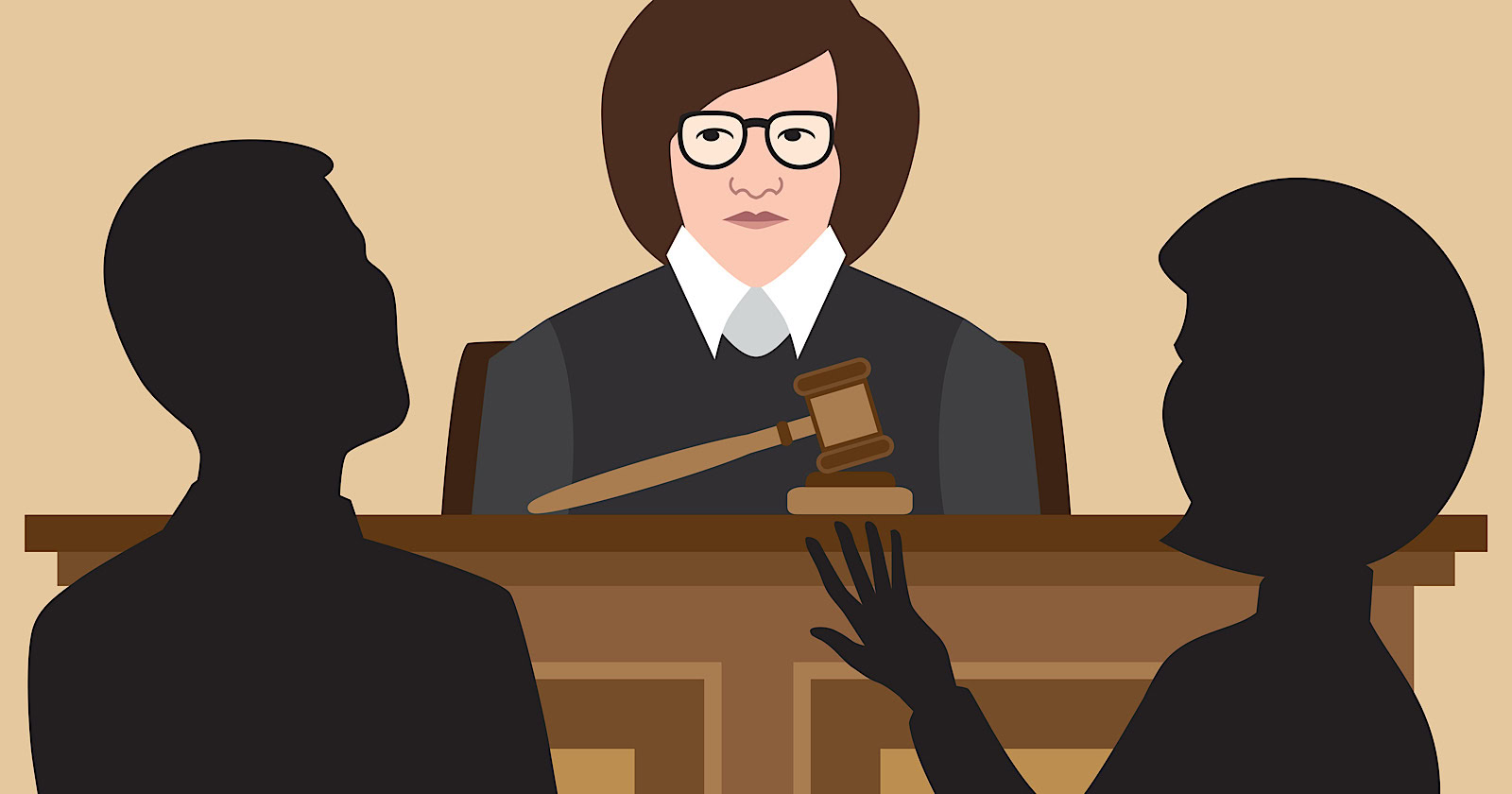The Department of Justice (DOJ) and Google gave their final arguments on Monday in an antitrust case regarding Google’s digital advertising technology.
U.S. District Judge Leonie Brinkema is expected to make a decision by the end of the year.
DOJ’s Argument
The DOJ claims that Google has built and kept a monopoly in open-web display advertising through products like DoubleClick, Google Ads, and AdExchange.
They say Google holds about 91% of the market for publisher ad servers and 87% for advertiser ad networks.
The case against Google is supported by a 2009 email from former Google executive David Rosenblatt. He mentioned the company’s goal to “do to display what Google did to search.”
Prosecutors argue that this shows Google’s plan to control the digital advertising market.
Another important part of the trial is Google deleting internal chat messages. Google claims most of these were casual chats but admitted that some included business discussions.
Google’s Response
Google is challenging the DOJ’s definition of the advertising market.
Google believes digital advertising has three separate markets, while the DOJ sees it as one two-sided market.
Google argues it competes with several platforms, including:
- Social media platforms like Meta and TikTok
- Streaming services
- Mobile app advertising
When considering these competitors, Google claims its market share is only about 10%. The company also states that this share is shrinking due to increased competition.
Additionally, Google points out that it has spent billions developing ad-matching technology. It argues that it shouldn’t have to share this competitive advantage with other companies.
Potential Consequences
If Judge Brinkema finds Google guilty of unfair business practices, the case will move to the next phase focused on solutions.
The DOJ and the states involved may try to make Google sell some parts of its ad tech business, earning tens of billions of dollars yearly.
This case is happening alongside another antitrust case targeting Google’s search business. In that case, Google might also have to sell its Chrome browser and face other penalties.
Publisher & Advertiser Impact
The case highlights tensions between Google and its customers:
- Publishers say they must use Google’s full ad stack to earn more.
- Advertisers feel they have few options to reach large audiences.
- Small businesses worry about rising advertising costs.
The government claims Google’s dominance prevents fair revenue for publishers, stating the company takes up to 36% in commission.
Google argues its “take rate” is now 31% and falling and is lower than competitors’.
Looking Ahead
Judge Brinkema is expected to issue a written ruling on the case by the end of the year.
The outcome could set important precedents for how antitrust law applies to digital markets.
Featured Image: Ken Cook/Shutterstock

